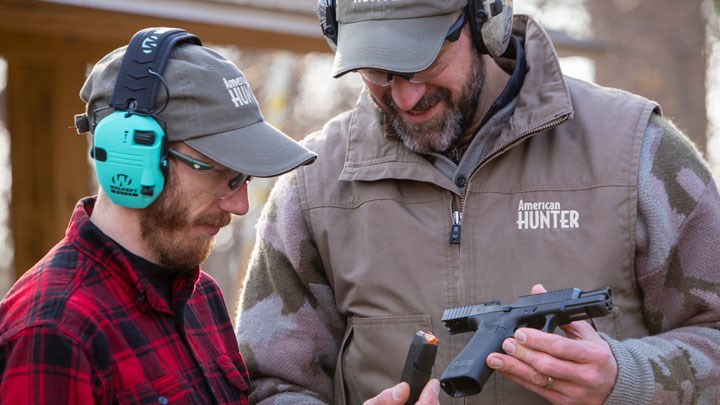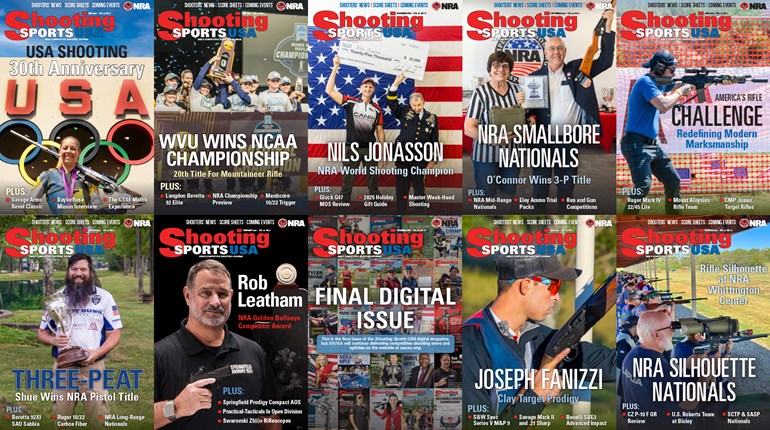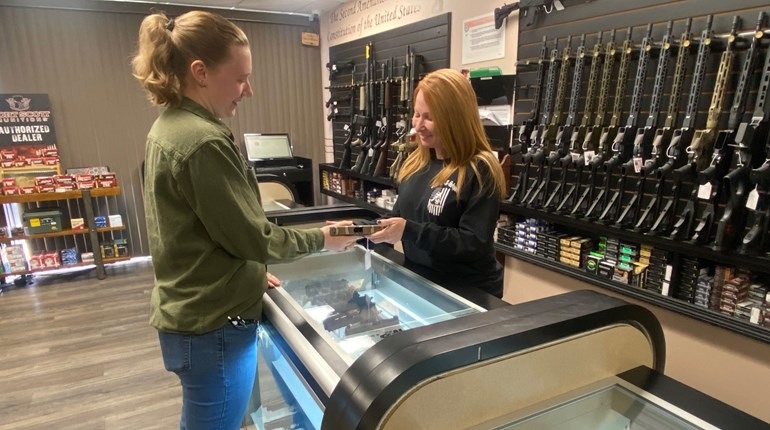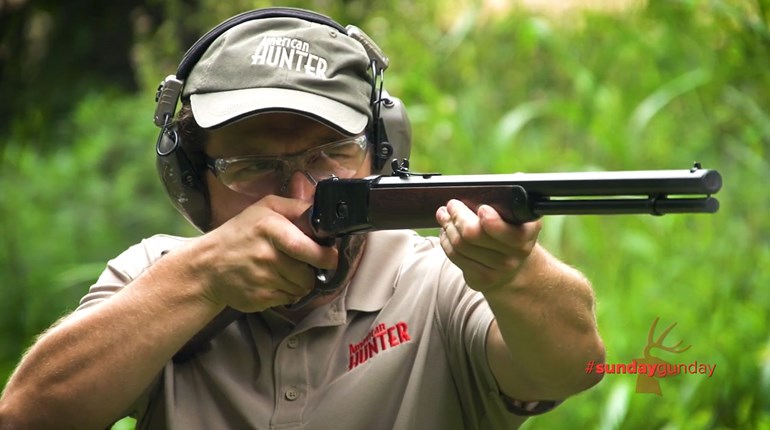
One of the toughest things about being a hunter is trying to explain the benefits of our lifestyle to those who don't understand. It's an emotional subject for many, so it's crucial that we find the best ways to help non-hunters understand the importance of this time-honored tradition. Coming next month, a solution: The NRA, together with Responsive Management and the support of the Council to Advance Hunting and the Shooting Sports, will conduct a free webinar series covering material from the new book, How to Talk About Hunting: Research-Based Communications Strategies.
Humans have hunted for almost 2 million years, and more than 11 million Americans continue to hunt today. In addition to providing numerous cultural and ecological benefits, hunters contribute the bulk of state-based funding for wildlife conservation in the United States. Additionally, every fish and wildlife agency across the United States is legislatively mandated to manage and provide opportunities for hunting. Despite these facts, legal, regulated hunting remains vulnerable to the volatile nature of public opinion. The future of hunting and an integral portion of conservation funding in America depend on cultural support. This means that wildlife professionals must use language that resonates with non-hunters and those unfamiliar with hunting.
Responsive Management has tracked Americans’ attitudes toward hunting for more than 30 years, including through regular trend surveys beginning in the early 1990s (most recently conducted in partnership with the National Shooting Sports Foundation), research examining attitudes toward animal rights and animal welfare issues (including a national study conducted in partnership with the Hunters’ Leadership Forum), and research on the most effective pro- and anti-hunting arguments (including a nationwide survey sponsored by the Hunters’ Leadership Forum). Responsive Management also recently partnered with the Rocky Mountain Elk Foundation and A-Game Speech and Debate Consulting to deliver an interactive workshop to train wildlife professionals how to debate on behalf of hunting. Responsive Management will soon partner with the National Wild Turkey Federation and the branding/marketing group The Truth on a new messaging study for a national campaign in support of hunting.
Drawing on these and other Responsive Management projects, How to Talk About Hunting provides research-based communications guidelines and strategies for hunters, conservationists, and wildlife professionals to use to communicate about hunting in the most persuasive and compelling ways possible. The guidelines and strategies are not about greenwashing or developing superficial buzzwords. (Greenwashing is when a company makes false claims about the environmental value of their products in order to gain favor among consumers.) Instead, they focus on specific, reliable methods to garner support for hunting and the wildlife conservation success story made possible by hunters.
The How to Talk About Hunting webinar series includes four separate sessions devoted to individual areas of focus from the book. Webinar presenters include Mark Damian Duda, founder and executive director of Responsive Management and senior author of How to Talk About Hunting: Research-Based Communications Strategies; Sam Nelson, founding partner of A-Game Speech and Debate Consulting and a senior lecturer at Cornell University; and Armands Revelins, researcher and consultant with A-Game Speech and Debate Consulting and Assistant Director of Speech & Debate Programs and Director of Policy Debate at Cornell University.
Webinar Series
The webinar series includes the following sessions:
Webinar 1: Why Communicating About Hunting Is Important (Thursday, April 15, 2021, 12:00-1:00 pm EDT). The first webinar will explain why communicating about hunting is important and focus on the implications of effective communications about hunting (agency mandates, conservation funding, etc.). This webinar will also provide an overview of the fundamentals of effective communications. The webinar will be presented by Mark Damian Duda and Sam Nelson.
Webinar 2: Attitudes Toward Hunting, Animal Rights, Animal Welfare, and Dominionism (Friday, April 16, 2021, 12:00-1:00 pm EDT). The second webinar will focus on content and major takeaways from Chapters 4 (“Attitudes Toward Hunting”) and 5 (“Attitudes Toward Animal Rights, Animal Welfare, and Dominionism”). This webinar will provide participants with a thorough overview of the latest research that underpins the communications guidelines. The webinar will be presented by Mark Damian Duda.
Webinar 3: Communications Strategies (Thursday, April 22, 2021, 12:00-1:00 pm EDT). The third webinar will provide extensive instruction on formal and informal communications strategies, including persuasive tactics and effective messaging. Content in this webinar will draw on Chapters 9 (“Debating About Hunting”) and 10 (“Developing Formal Communications Programs in Support of Hunting”) of the book. The webinar will be presented by Sam Nelson and Armands Revelins of A-Game Speech & Debate.
Webinar 4: Talking About Hunting: Don’ts and Dos (Friday, April 23, 2021, 12:00-1:00 pm EDT). The final webinar will present the most important “don’ts” and “dos” for communicating about hunting, drawing primarily on the final chapter of the book. This webinar will focus on the core guidelines and best practices for effective communications about hunting. The webinar will be presented by Mark Damian Duda and Sam Nelson.
By taking a proactive approach to communications, hunters, conservationists, and members of the wildlife profession will become more effective proponents of the North American Model of Wildlife Conservation. In doing so, they will help to build the public support for hunting that remains essential in today’s society.
Webinar participants will receive a free copy of How to Talk About Hunting, thanks to the generous support of Hunters’ Leadership Forum donors. If you do not already have a copy, please email Peter Churchbourne at [email protected].







































